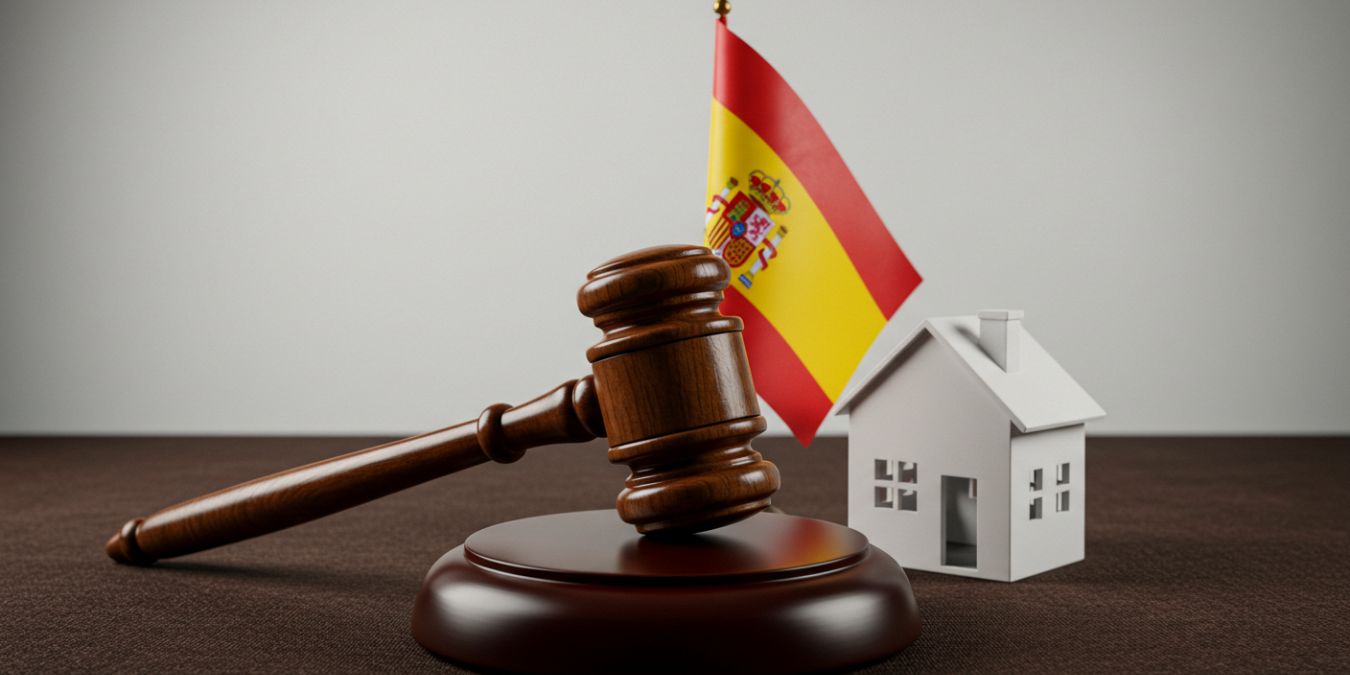New Anti-Squatter Law 2025 Spain
Spain’s Anti-Squatter Law 2025, a landmark reform designed to combat illegal property occupation. This legislation facilitates expedited eviction processes, enhances police powers, and provides greater legal safeguards for homeowners impacted by squatting, which has become an increasingly prevalent concern in Spain’s real estate sector.
Background and Need for Reform
Property owners have historically faced significant bureaucratic challenges when attempting to evict squatters, commonly referred to as “okupas.” These challenges are often exacerbated by procedural delays and loopholes that organized groups take advantage of. The growing public concern and a series of prominent cases have underscored the urgent need for effective legislative measures.
Main Objectives of the New Law
The law aims to:
- Facilitate express eviction
- Enhance the capabilities of law enforcement agencies
- Impose penalties on habitual offenders and organized crime groups
- Simplify the legal procedures for reclaiming property
- Safeguard families, senior citizens, and small-scale property owners
Most Relevant Measures of the New Law
The reform targets articles 245 and 202 of the Penal Code, making squatting a fast-track offence. Usurpation and unlawful entry will now be dealt with in expedited trials – think eviction in 15 days or less. No more standard trials dragging on for months; it’s all about swift justice.
Express Eviction Within 24–48 Hours
Once property ownership is proven, eviction orders can be executed in 1–2 days — a drastic reduction from previous delays.
Empowerment of Police and Civil Guard
Guardia Civil and Police are now legally empowered to act immediately in verified cases, reducing dependency on judicial bureaucracy.
Harsher Penalties for Mafias and Repeat Offenders
Criminal groups face increased jail time and fines, while recidivists are subject to stricter judicial treatment.
How is the Judicial Process Accelerated?
New Powers Granted to Judges
Judges can now authorize eviction orders based on verified deeds and police reports, skipping unnecessary court hearings.
Elimination of Bureaucratic Requirements
Owners no longer need to show utility bills or rental agreements — a registered deed suffices.
Who is Protected by this Law?
- Private Homeowners with first or second residences.
- Small Investors relying on rental income.
Impact on the Real Estate Market
Increased Confidence for Landlords
Quicker evictions give landlords confidence to rent their properties again.
Boost to Investment
The law sends a clear message that Spain defends property rights — a plus for national and foreign investors.
Real Cases that Triggered the Reform
- Owners unable to reclaim homes for years.
- Mafias renting out illegally occupied homes.
- Residents facing violence and threatsfrom squatters.
Preventive Security Tips
- Install alarms and smart surveillance
- Install security systems with motion sensors and cameras
- Use timers/lights to simulate occupancy in vacant homes
- Notify neighbors and simulate presence
- Act fast by reporting immediately
Report an Occupation. Legal Recommendations for Property Owners
What You Need:
- Property title/deed
- ID documentation
- Police report
Timeframes:
- Police can act in 24–48 hours
- Complex cases receive judicial review within 5 working days
FAQ
What if the property belongs to a bank?
The law applies, but internal procedures may vary across institutions.
Can I hire private security?
Only licensed guards are legal, and only police can enforce eviction.
Conclusion: A Firm Step Toward Protecting Private Property
The recently enacted Anti-Squatting Law marks a significant progress in combating illegal squatting, offering property owners a more efficient legal structure to reclaim their residences. Although it does not address every issue associated with unpaid rent or tenancy disputes, it is a crucial move towards safeguarding private property rights.
If you are a property owner seeking guidance on managing a squatting situation or protecting your property, the best lawyers in Marbella are prepared to assist you in resolving your case promptly and effectively. Reach out to us today to reclaim what belongs to you!
* Source: LPA



